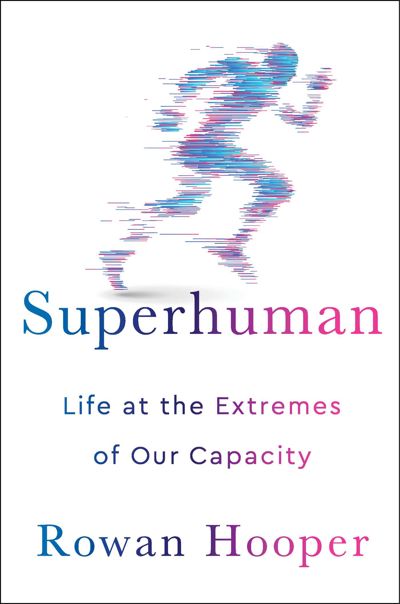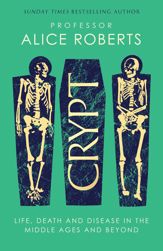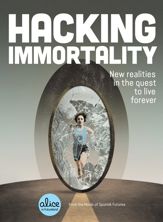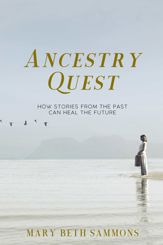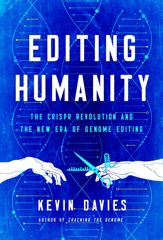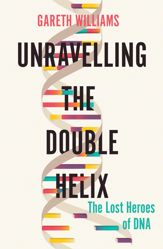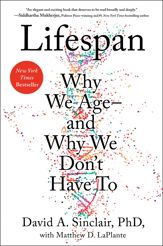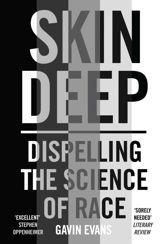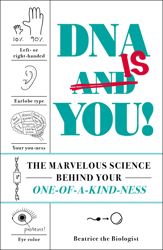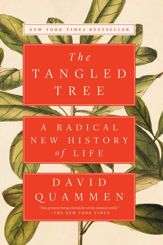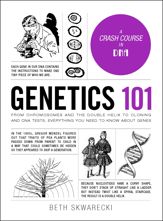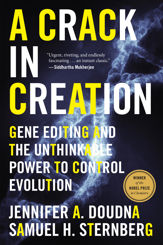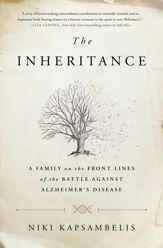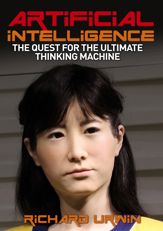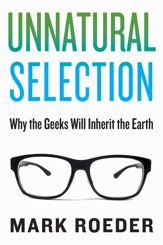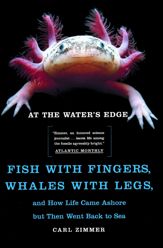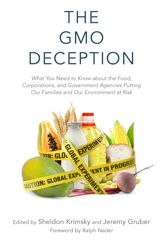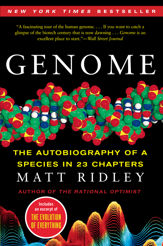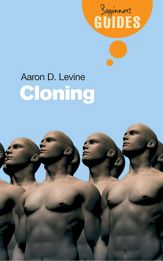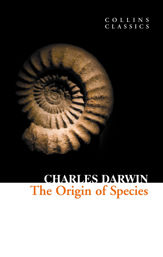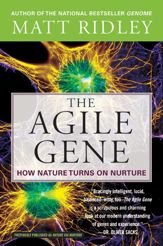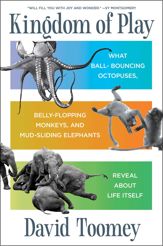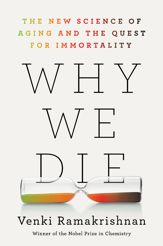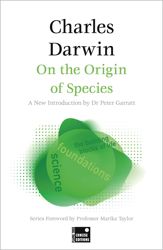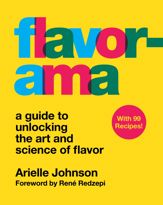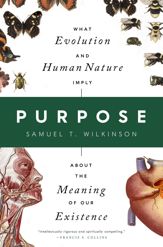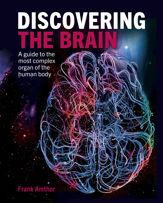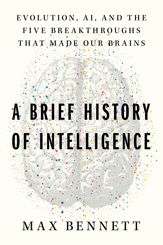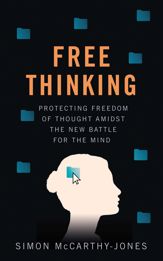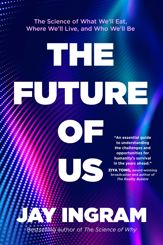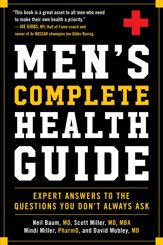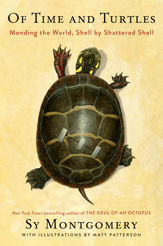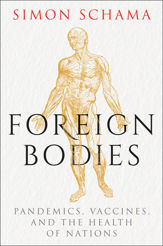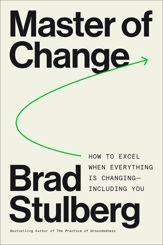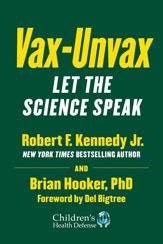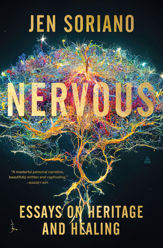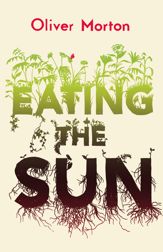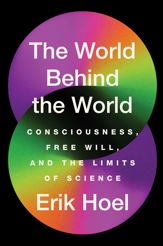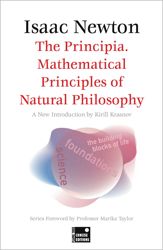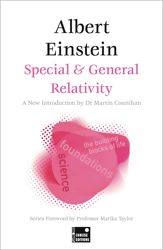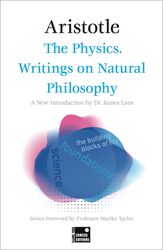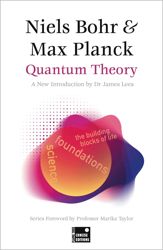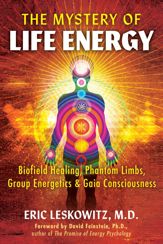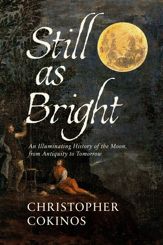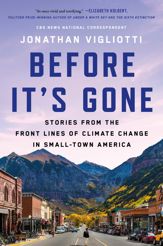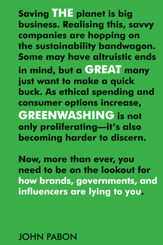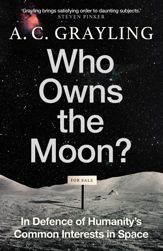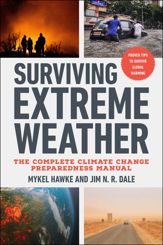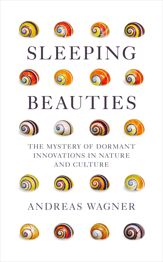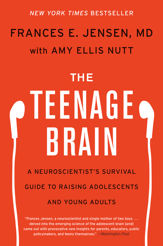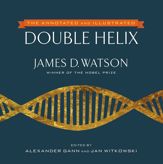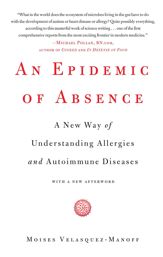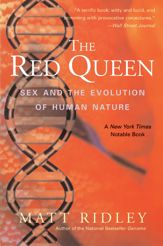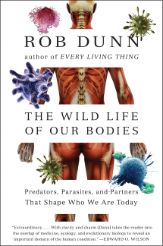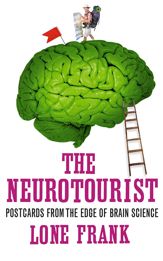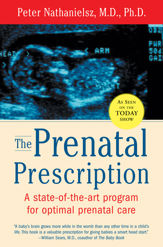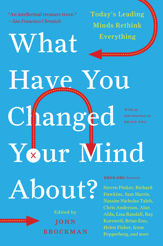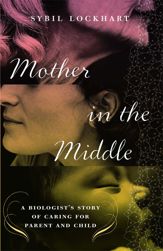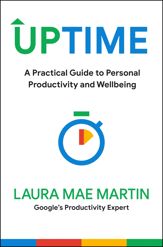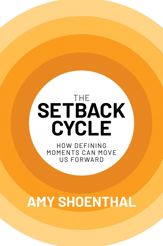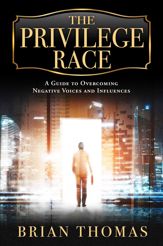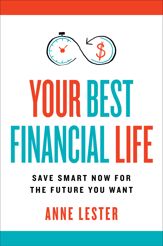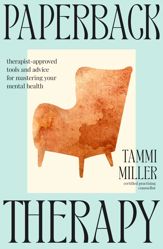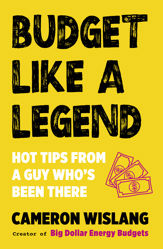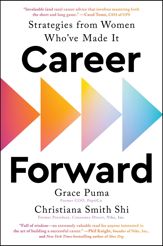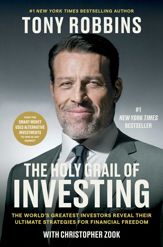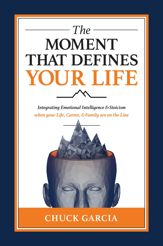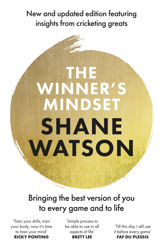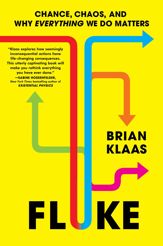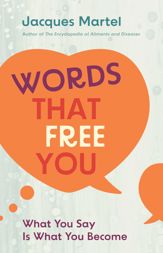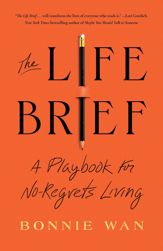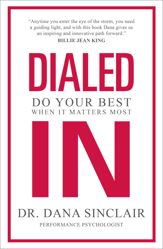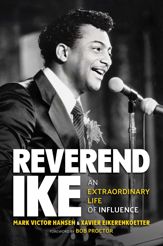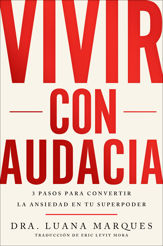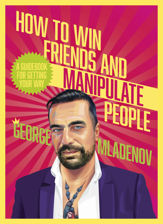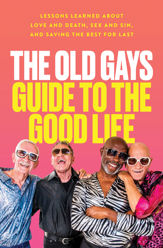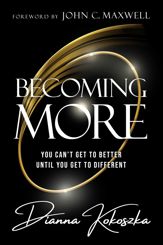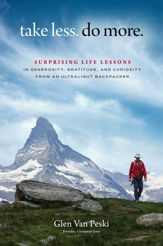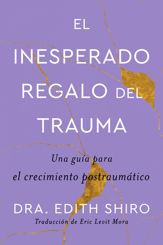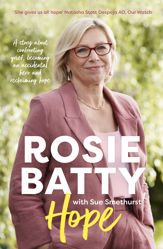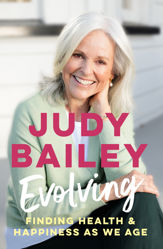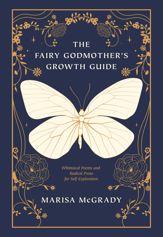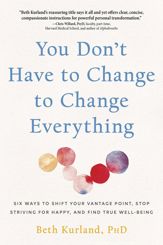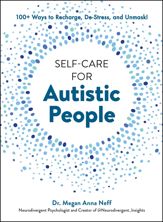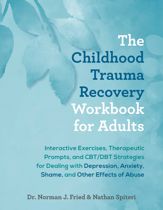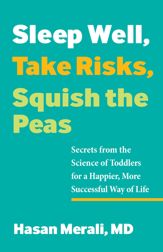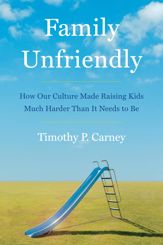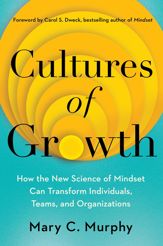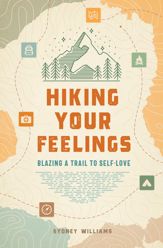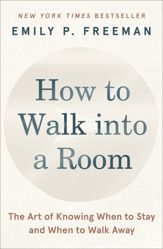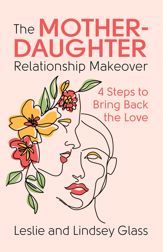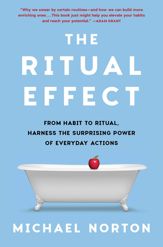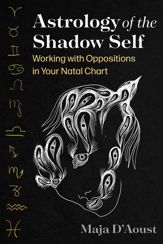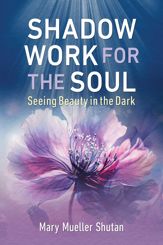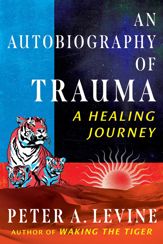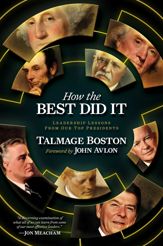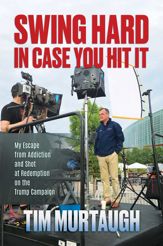"This is a scream, in several ways: it's highly entertaining, but it's kind of painful to realize I will never be superhuman. Dang, eh?"—Margaret Atwood, New York Times bestselling author of The Handmaid’s Tale
Description
From evolutionary biologist Rowan Hooper, an awe-inspiring look into the extremes of human ability—and what they tell us about our own potential.
In 1997, an endurance runner named Yiannis Kouros ran 188 miles in twenty-four hours. Akira Haraguchi, a sixty year-old man in Tokyo, can recite pi to the 100,000th decimal point. John Nunn was accepted to Oxford University at age 15, the youngest undergraduate in 500 years. After a horrific attack by her estranged husband, Carmen Tarleton was left with burns to over eighty percent of her body. One of her surgeons said her injuries “were beyond anything we have ever seen.” After a three-month coma, multiple skin grafts, and successful face transplant, Tarleton is now a motivational speaker.
What does it feel like to be exceptional? And what does it take to get there? Why can some people achieve greatness when others can’t, no matter how hard they try? Just how much potential does our species have? Evolutionary biologist Rowan Hooper has the answers. In Superhuman he takes us on a breathtaking tour of the peaks of human achievement that shows us what it feels like to be extraordinary—and what it takes to get there.
Drawing on interviews with these “superhumans” and those who have studied them, Hooper assesses the science and genetics of peak potential. His case studies are as inspirational as they are varied, highlighting feats of endurance, strength, intelligence, and memory. Superhuman is a fascinating, eye-opening, and inspiring celebration for anyone who ever felt that they might be able to do something extraordinary in life, for those who simply want to succeed, and for anyone interested in the sublime possibilities of humankind.
Reviews
“Terrifically entertaining. Hooper is that precious thing; an easy, fluent, and funny scientist. The message from this upbeat, clever, feel good book is that we all have greater capacity than we realize. Spectacularly enjoyable.”—The London Times
“The range of human activities, and abilities, covered in Rowan Hooper’s study is astonishing and inspiring. It’s a reminder of the incomparable adaptability that evolution has brought about in the human body and mind, and I found myself frequently wondering: what else are we capable of? How much further can we reach? And not least: how can we make sure the human race survives long enough for all our potential to unfold? The whole study is enthralling.”—Philip Pullman, New York Times bestselling author of His Dark Materials series
“The remarkable people you meet in this book are inspirational. You do feel as if you have met them because Rowan Hooper has interviewed each of them and writes beautifully about his encounters. These stories include people of extraordinary ability in areas such as chess, mathematics, music and sport, which have long been the focus of talent research, but also in novel areas including bravery, resilience and even sleeping and happiness. As a scientist, what I liked best is the clever way in which Rowan Hooper interweaves his interviews with the latest research in each area. As a writer for the New Scientist for more than a decade, he knows a lot about the science of extraordinary ability and writes clearly about it.”—Robert Plomin, MRC Research Professor of Behavioural Genetics, Institute for Psychiatry, Psychology and Neuroscience, King's College London, and author of G is for Genes: The Impact of Genetics on Education and Achievement
